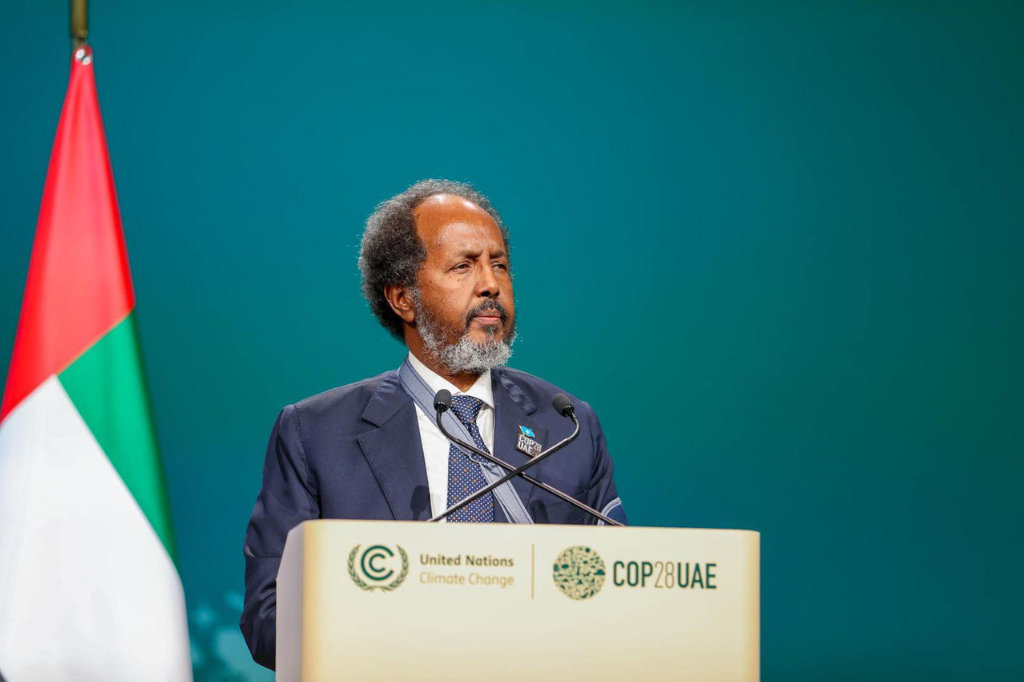
Social Media Riots: A Rising Threat to Somalia’s Social Cohesion and Communal Harmony
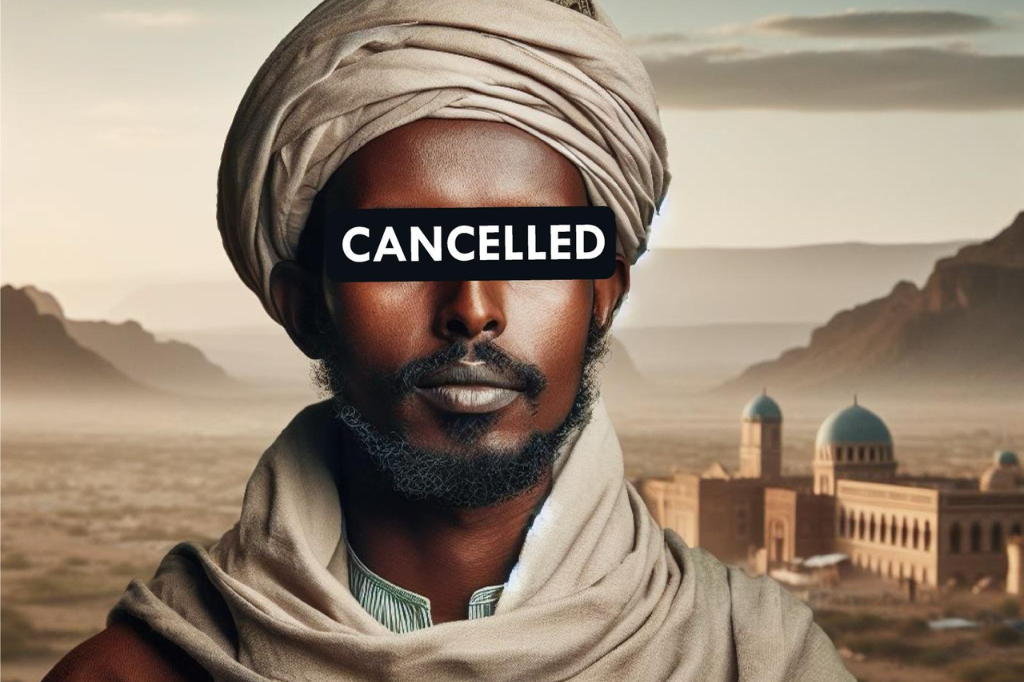
Social media provides a platform for those who have something to say, it is a brilliant networking tool and a remarkably marketplace for ideas. These things were hitherto monopolised and controlled by the mainstream and legacy media. Thanks to the ever-growing role of social media in our day-to-day lives, information is no longer monopolised. Networking platforms, particularly Facebook, Twitter, and Instagram have substantially changed the way we share and receive information. They have become not only an alternative to mainstream media, but the town square of public discourse.
This technological advance has come with its own adverse impacts, particularly for a country like Somalia, which has struggled with prolonged social and political unrest for decades. Social media has become the epicentre of misinformation, disinformation, targeted harassment, and hateful content, and as a result, has largely contributed to the increasing polarisation of public dialogue.
The problem of social media isn’t unique to Somalis, it’s a global phenomenon, however, the existing challenges are what’s isolating Somalia’s case. In this article, I will address the growing impact of the unregulated use of social media and how this new cultural phenomenon is affecting Somalia’s fragile communal harmony.
Somali social media in a nutshell
Historically, the role of social media in politics and in shaping public opinion in general was very limited in the country, but due to the increasing availability of internet services, that has changed. In today’s Somalia, platforms like Twitter, Facebook, and TikTok are the leading sources of not only news, but also entertainment. They’re a very critical element in advancing political campaigns.
As a result of increasing political tensions and the growing conflicts in the Somali peninsula, the misinformation and tribally motivated hate campaigns have been on the rise. often coordinated by troll farms and lone wolf keyboard warriors, these campaigns have poisoned the well as they are mainly ad hominem attacks.
The motive behind the damaging culture of the social media exploitation can be attributed axiomatically to either two things: tribal motives or power struggles between political oligarchs. The latter often have a particular interest in proving their popularity by creating organised groups on social media. It’s noteworthy that this zero-sum game of hate speech, disinformation, and intolerance within Somali social media isn’t based on any ideological difference, but vastly on vested groups and their personal interests.
What’s concerning about this unprecedented scale of destructive exploitation of public platforms is that many of the disinformation campaigns are normalised and, even worse, celebrated and cheered by the public. The contents and messages from known trolls often receive tens of thousands of views.
Social media riots fuels the polarisation
“Social media riot is an emerging new form of unorthodox way of engaging public discussions. It is an organised ad hominem attack on opponent’s character rather than their argument or the substance of their case”.
2022 elections in Somalia and the ongoing war in Sool region are great examples of how the exploitation of social media is affecting Somali communities in real time. Adding a new dimension that is rarely recognized and hardly acknowledged by Somali contemporary intellectuals, these two incidents have arguably changed public debate forever in an unimaginable way.
The 2022 election in Somalia has deeply divided public opinion. Though in most cases, most campaigns were solely based on clannism, the use of social media as a tool to advance political campaigns through misinformation and harassment was overwhelming. This dead-end strategy has completely transformed the way Somalis exchange and share opinions on political issues.
Moreover, the ongoing war in the Sool region has also proved how social media can be a powerful tool for promoting misinformation, hate speech, and clan riots in this information warfare age. Many young and educated Somalis who were supposed to be leading civil discussions on matters affecting the most vulnerable have unfortunately turned into war mongers and intolerant tribalists.
As of right now, there are groups that are still indulging in very disturbing hateful campaigns that neither help bring peace nor support the vulnerable communities that fled their homes due to the constant shelling. There is no question about the extent of the problem, the dynamics of the conflict, or the damage caused by the war, but the consequences of disinformation and the tribal hatred that are prevailing on social media could be far reaching.
The impact of social media riots
Unfortunately, it seems we overlooked the damage social media riots could inflict on our social cohesion and the fabric of our Somali identity. It is entirely foreseeable that unregulated social media use will likely disrupt the fragile communal harmony within the Somali community and have a far-reaching negative consequence on the country’s reconciliation efforts.
Moreover, the worrying threat is the colossal consequence of social media riots on the younger generation. The thinking processes of young people are inherently malleable especially in their impressionable years. They tend to easily adopt trends they observe. Feeding them hate and misinformation will instil in them generational hatred and unnecessary anger towards other communities.
A way forward
As Somalis, despite our political differences, we have shared values, common interests, and a shared cultural identity. We cannot let this problem continue. There must be an intellectual, moral, and political awakening in challenging this growing crisis to protect the fragile communal harmony. The voice of reason must prevail, and those indulging in such riots should not be celebrated by sharing their contents on social media.
It’s hard to imagine the implementation of robust regulatory regimes and reforms as the country is already struggling to cope with many threats, including armed conflicts, threats posed by climate change, state building, and reconciliation challenges. However, basic legal frameworks and libel laws could facilitate the prosecution of those involved in spreading disinformation, hate speech, and contents that cause real-life consequences. Without this, I dread to imagine where Somalia will be in a few years’ time.
Mahbub Mohamed Abdillahi
Related News

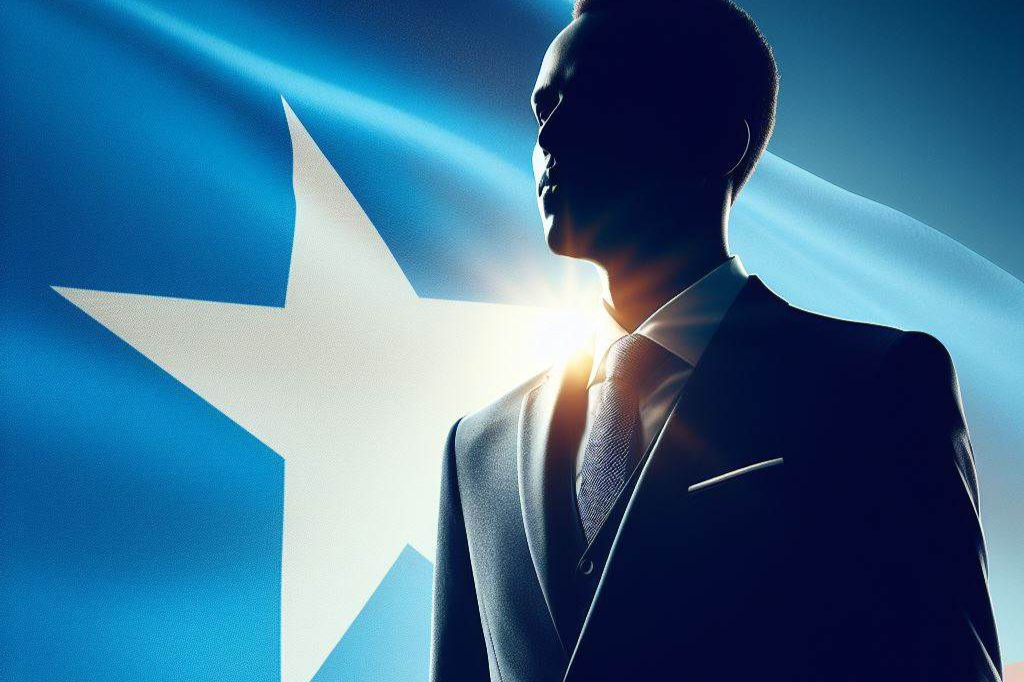
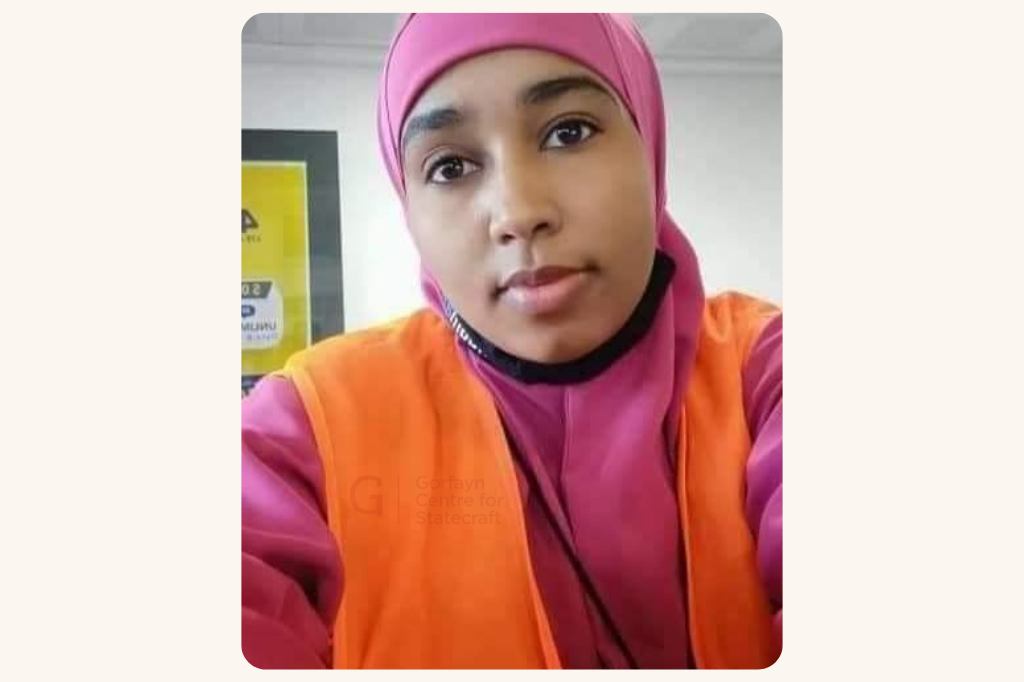
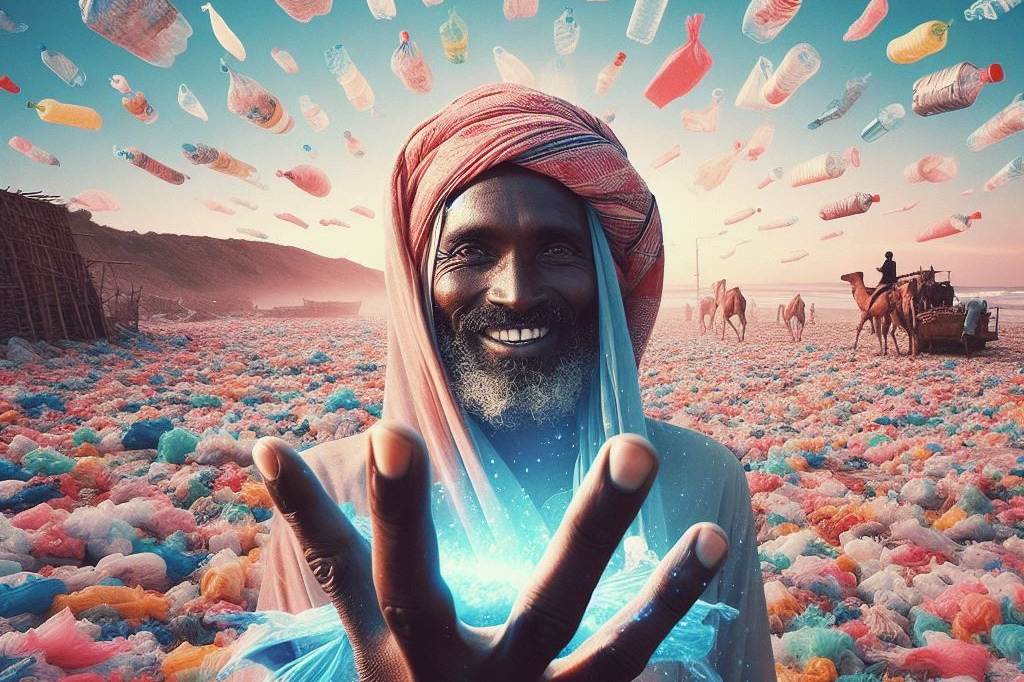
Somalia’s Single-Use Plastic Bag Ban Was Long Overdue
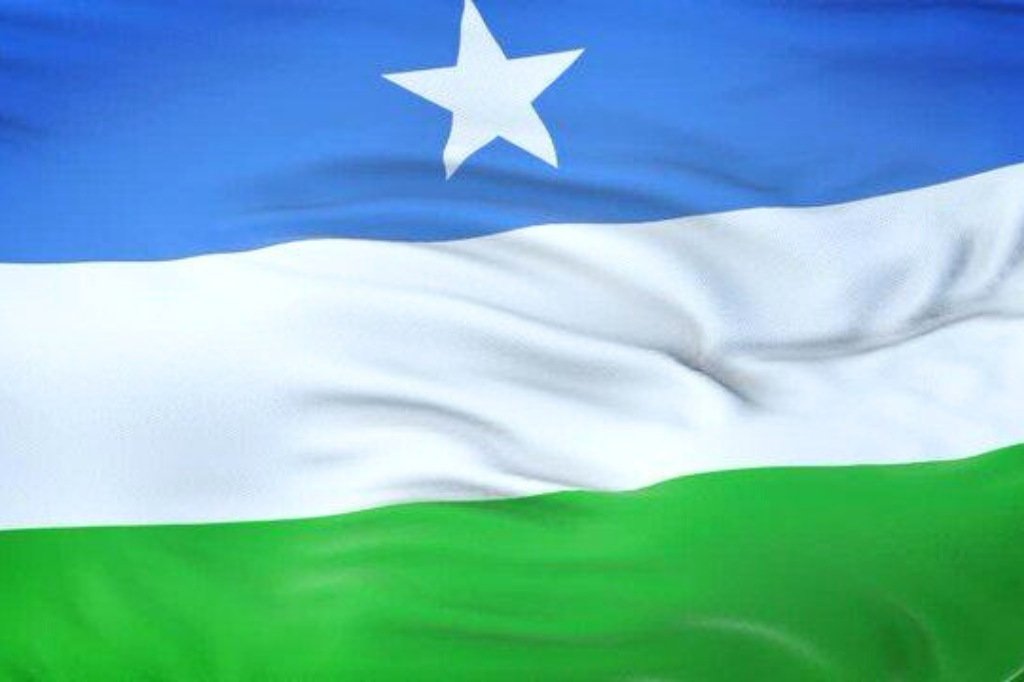
Election in Puntland: A Historical Overview
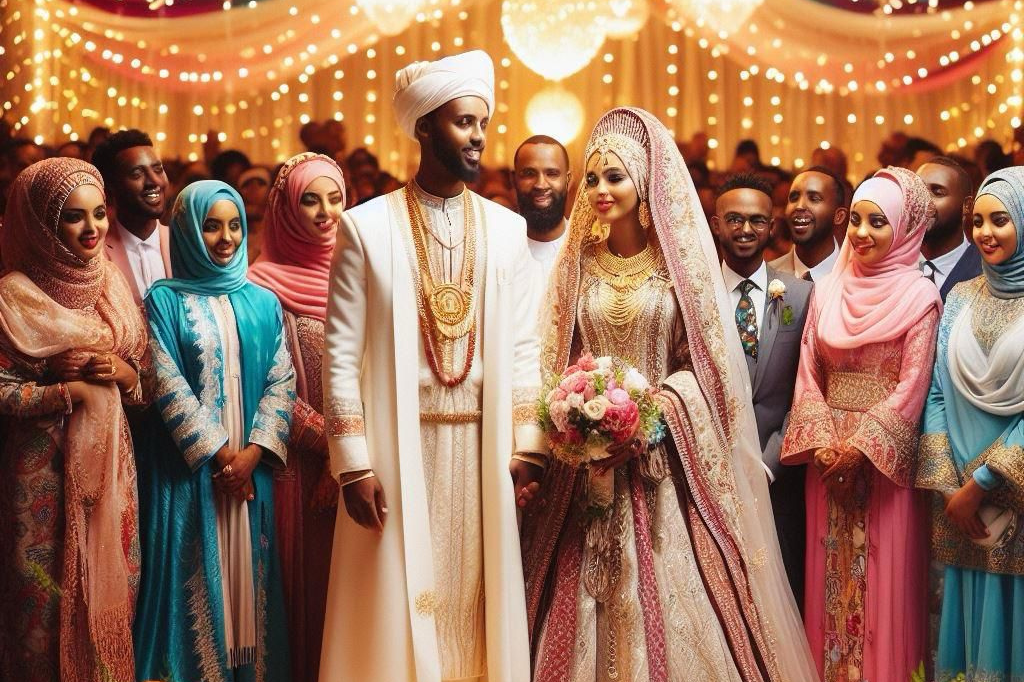
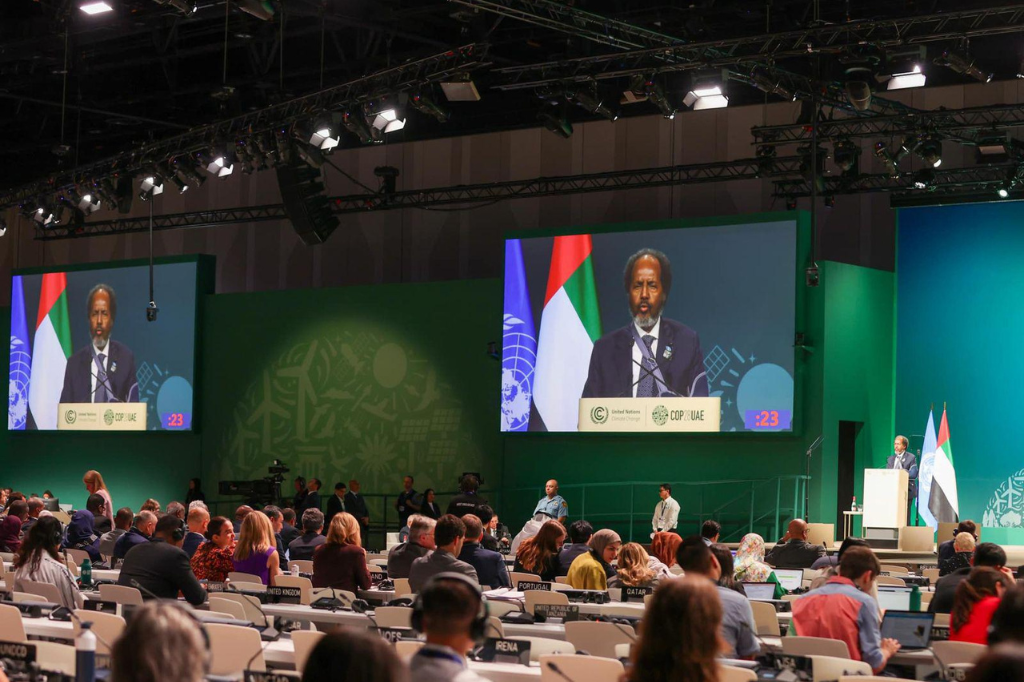
Somalia at COP28 Recap: Key Highlights and Outcomes
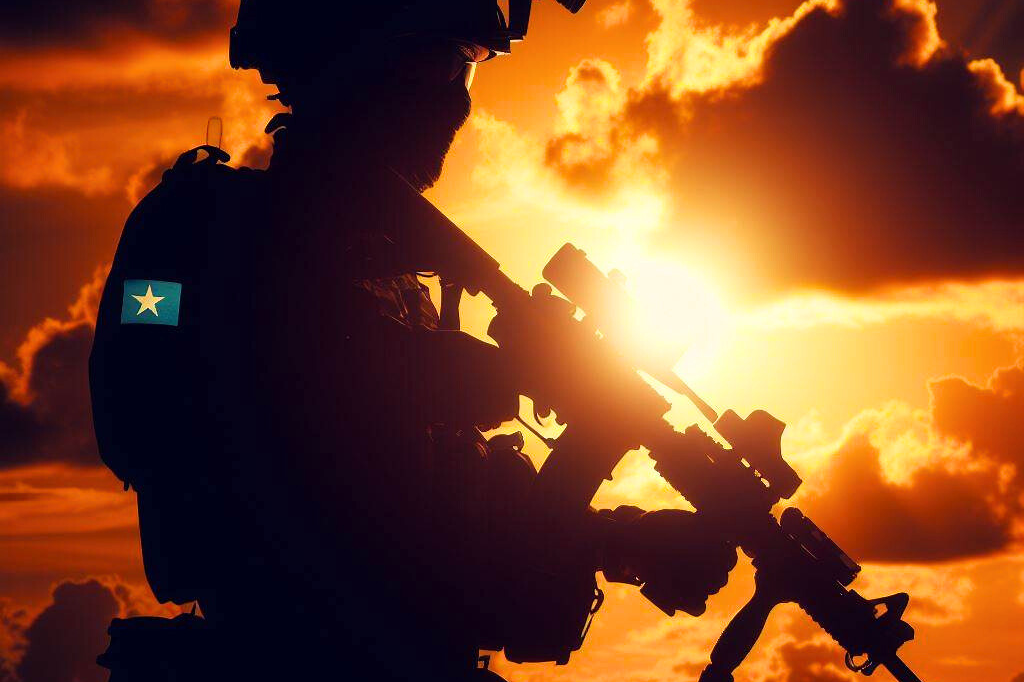
Breath of Fresh Air: The Force Behind Mogadishu’s Newfound Security
